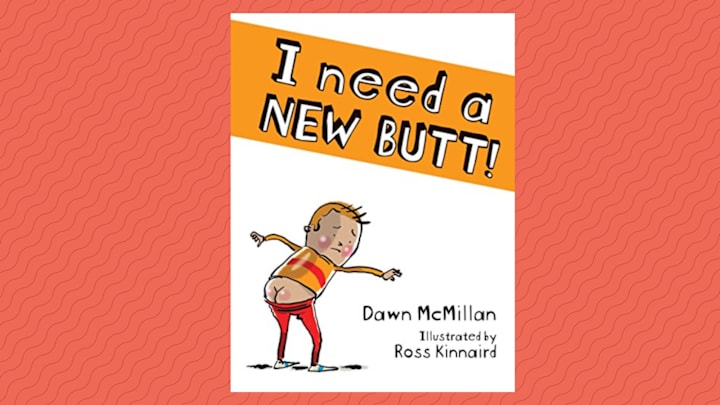When the 28-page picture book Everyone Poops by Japanese author Taro Gomi arrived in the United States in 1993, not everyone was excited by the idea of a children’s book focused on bathroom habits. “Poop by any name seems an unsuitable picture book subject,” sniffed Publisher’s Weekly. Yet it became an instant bestseller, selling through at least four printings and necessitating waiting lists in some bookstores.
Originally published in Japan in 1977, Everyone Poops has a simple message, and one that can easily be gleaned from its title. And while some adults are annoyed or offended by kid’s books that traffic in bodily functions, learning experts believe they’re a crucial component of early childhood development.
“Reading books that include silly ideas or that include potty humor allow for a child to connect to their peers in a way that lets them be ‘seen’ by others who find those topics funny,” Pooja Sharma, a clinical psychologist, told The New York Times. “It is developmentally appropriate for children to want to set their own rules as they move away from trusting adults as authority figures to looking toward their peers as the barometers of what is right and wrong.”
The scatological survey provided by the Times comes with renewed scrutiny in books that are, at least superficially, about juvenile topics. An assistant principal in Mississippi was recently fired for reading I Need a New Butt! over Zoom to second graders. Books like The Gas We Pass and Walter the Farting Dog find rapturous audiences but exasperated parents. When author Robert Munsch wrote Good Families Don’t Fart in 1990, his publisher insisted he leave off “fart” in the title. It became Good Families Don’t. (Kids still asked for “the fart book.”)
That’s no reason to avoid them. While they appear—and frequently are—silly, books that feel parentally unapproved can stoke a child’s imagination and engender a love of reading that will carry over into presumably more mature narratives. As anyone who’s attended school knows, talking about farts is a bonding experience.
[h/t The New York Times]
